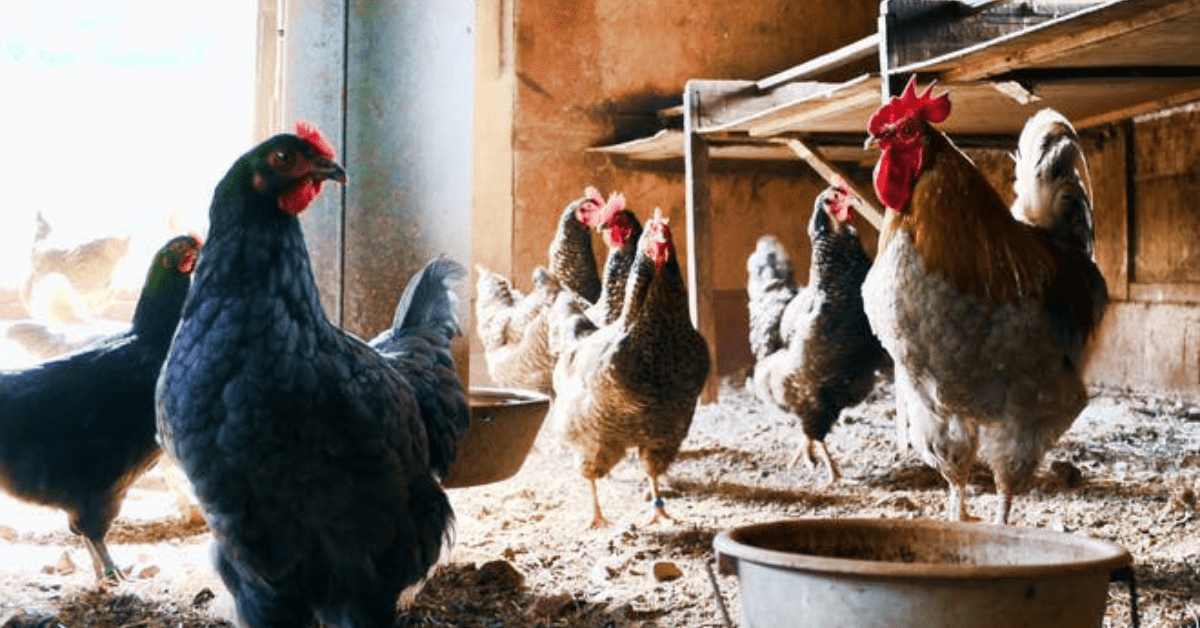Execution of trailblazing technologies like Internet of Things, Artificial intelligence, and Blockchain has shaken the complete farming sector and is helping it to undergo the fourth agricultural revolution.
The 1st revolution during the 18th century brought in new farming practices that were focused to improve the fertility of the soil. For the first time, scientific tests were conducted to see the effects of crop rotation and manure usage on total crop yield. The 2nd revolution took place post WW1 when tractors and other mechanized farming equipment were used instead of manual labor. The efficiency of farmers thus improved considerably resulting in a rise in global grain output.
During the 1990s, nitrogen and sulfate infused fertilizers along with pesticides were used to enhance the productivity of fields. With the enhancement in biotechnology, hybrid seeds were developed that helped farmers to cultivate a field of vigorous crops. Processes like genetic modification and multiple cropping were implemented to grow crops of different breeds on a single farm simultaneously. This era of agricultural intensification was the era of the 3rd revolution in the agricultural sector, also generally called the “Green revolution“.
With the implementation of computerized practices, the sector of agriculture is undergoing a digital transformation. This digital transformation is been considered as the 4th revolution in the agriculture sector. Collective use of drones, satellite monitoring, and sensor technology have brought in new farming concepts like Smart Farming and Precision Farming.
Both of these concepts have allowed the agriculture sector to reach new heights and are enabling its corporatization. The advent of IoT in Smart Farming and Precision Farming have elevated different agricultural practices. In this article, we will see the effects that IoT has imparted on Precision Farming.
What is Precision Farming?
Precision Farming is also known as Site Specific Crop Management (SSCM) or Satellite Farming. It is a method in which farmers optimize different inputs like water and fertilizers to gets better crop quality and yield. This technique is used to observe, measure, and analyze the individual requirements of different fields and crops. By making use of advanced analytics, Precision Farming is optimizing the whole agricultural production process.
This technique focuses on concentrating, observing, and responding to the intra-field systems. By using satellite imagery, GPS (Global Positioning System) monitoring, and other geospatial tools, variability in different portions of a field is observed. These variabilities can be related to the quality of soil, direction of sunlight, slope of the field, or other factors that may affect the overall quality and yield of the crop. Evaluating the information gathered through different tools allow farmers to easily understand the causes of these variabilities.
By working on these variabilities, the farmers can manage their crop in a better way. Precision Farming allows farmers to rake risk-free decisions. It encourages the optimum use of different resources and also reduces waste generation and total production cost.
Internet of Things in Precision Agriculture:
Today, the use of sensors, drones, cloud computing, and mobile applications are powering agricultural corporations and small family farms. Internet of Things has made it possible for the farmers to stay connected with their fields. Let’s dive deep into the benefits that IoT offers to the Precision Farming techniques:
- Sensor-based field and resource mapping:
Precision Farming incorporates the use of geospatial technologies like GPS and GNSS (Global Navigation Satellite System) to click and monitor real-time images of farms. Even though the accuracy of these systems is commendable, precise sensing devices that are accurate at even centimeter levels are required to sense data accurately. Due to this requirement, sensors are being embedded into the fields to gather information from correct locations.
The data gathered through the sensors can be processed and integrated with satellite images to tell a farmer about the portion of his field that requires attention. Drone monitoring along with sensors can also be used to gather data. Specially designed UAV use thermal sensors to detect heat signatures of the crop and locate problem affected areas that are not easy to spot from ground-level inspections.
- Real-time crop/soil monitoring and processing:
The sensors used in farms are capable of sensing different attributes associated with crop production like moisture, fertility, and temperature. These attributes are measured and sent simultaneously to a centralized platform. A farmer can access this platform through a smartphone application and take necessary informed decisions.
However, there is more to the use of sensors. Through predictive analysis, data gathered through sensors are used to estimate the quality of the crop and find areas of improvements. The real-time alert system warns the farmers about rodents, change in weather conditions, and an increase in the use of pesticides/insecticides.
With the use of actuators and endpoint data processing, automated actions can be taken immediately. For example, through the use of automated water sprinkler system, portions of fields can be irrigated instantly as soon as the moisture level of soil decreases.
These Smart Farming practices when utilized along with Precision Farming encourages the use of optimum resources resulting in proper waste management and cost-effective farming techniques.
CONCLUSION:
Precision farming is the use of highly precise agricultural practices that cater to the needs of small portions of a farm. Internet of Things has empowered different capabilities of Precision Farming and is helping the agricultural business to reach new heights of global corporatization. With collective usage of sensor technology and satellite imagery, different practices of farming like sowing, irrigation, plowing, and harvesting are being digitalized. The agricultural sector is confirmed to witness a new revolution with the mixed usage of conventional and IoT infused agricultural practices.
Author Bio
Sanjeev Verma is the founder of Biz4Intellia, one of the leading IoT development companies in the United States. He is extremely passionate about the Internet of Things and explores the possibilities unleashed by the IoT on a constant basis. At Biz4Intellia, Sanjeev’s concrete focus is on building a rapid growing, market-driven organization that delivers influential IoT business solutions.
https://www.linkedin.com/in/sanjeev1975/
https://twitter.com/SanjeevVermaIoT
contact email: [email protected]















Leave a Reply